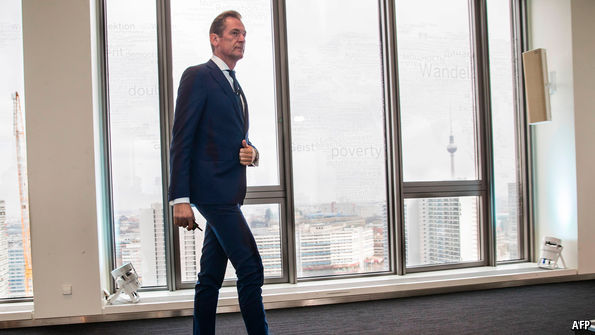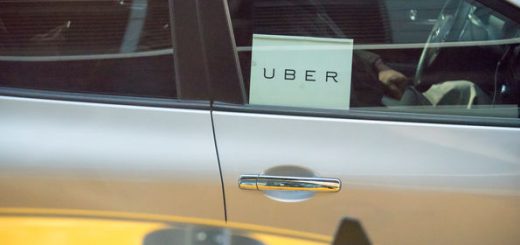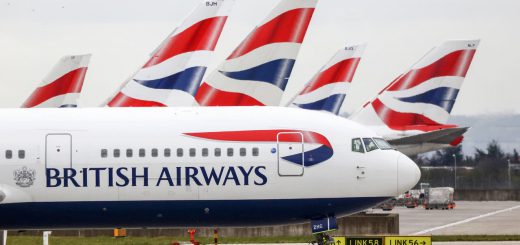Axel Springer’s digital transformation
VISITING the top floor of Axel Springer’s tower in Berlin is like travelling back to a lost age. The German publisher’s Journalisten Club is a suite of wood-panelled rooms filled with antique books, leather armchairs and classical paintings. “It is a symbol,” says Mattias Döpfner, the publisher’s chief executive.
Whether it still makes sense as a symbol is unclear, for Axel Springer’s business has shifted rapidly away from print media (though it still owns Bild and Die Welt, two leading German dailies) towards an array of digital businesses. In 2000 it had almost no digital revenue; by the end of last year over 72% of its operating profit came from digital activities. Profits have increased by 37% over the past decade, from €434m ($473m) in 2006 to €596m last year.
Four years ago Axel Springer sold off several newspapers and magazines, including the Hamburger Abendblatt and the Berliner Morgenpost, for $1.2bn. In 2015 it nearly bought the Financial Times, a British paper with a strong online presence but…











